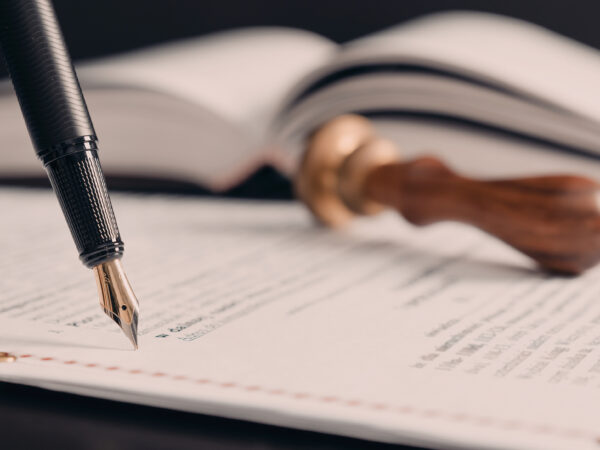A Power of Attorney is a legal document that allows you to set out who can make decisions and act on your behalf in the event that you become incapable of making decisions for yourself.
Powers of attorney are often put in place at the time that your will is drafted. For more information on making a will, click here. Generally, powers of attorney deal with who can handle your property and your personal care decisions prior to your death if you become incapable of making those decisions, while a will deals with what will happen to your property after your death.
There are two different types of powers of attorney: a Power of Attorney for Property, and a Power of Attorney for Personal Care. To read more on Powers of Attorney for Personal Care, click here. Powers of Attorney for Property will be the topic of this article.
It is always a good idea to consider putting the Power of Attorney for Property in place because this will allow you to determine who you want to be in charge of your property if you become mentally incapable of doing so. Your attorney could be one or more friends, relatives, or even a professional attorney such as a trust company.
Generally, the Power of Attorney for Property will set out who can make decisions with respect to managing your property. This includes decisions related to finances, such as handling bank accounts, paying bills and signing cheques, as well as making decisions regarding your home and possessions, buying or selling real estate and dealing with any other personal items that you own.
If you are going to be out of the country for an extended time or are ill, a Power of Attorney for Property can give your attorney the power to deposit cheques, make decision or investments and pay bills on your behalf. Having a Power of Attorney for Property in place can give you the peace of mind that only those people that you choose to name as your Attorney in a Power of Attorney for Property shall have the authority to make decisions regarding your property in the event that you become incapable of making such decisions for yourself.
It is always a good idea to give some thought to who you would want in charge of making decisions on your behalf regarding your property in the event that you aren’t able to make those decisions, and to document it in a power of attorney for property.
Life is unpredictable – you are never too young or too old to put a power of attorney for property in place.
Katherine Serniwka
Jennifer Stevenson
Lerners LLP
www.Lerners.ca
Prepared by Lerners LLP (www.Lerners.ca)
This is a brief overview and is not intended to be relied on as legal advice.
Please contact Jennifer Stevenson at 519.640.6312 or Katherine Serniwka at 519.640.6393
for further information. Not to be reproduced without permission of Lerners LLP






Add Your Voice
0 Comments
Join the Discussion